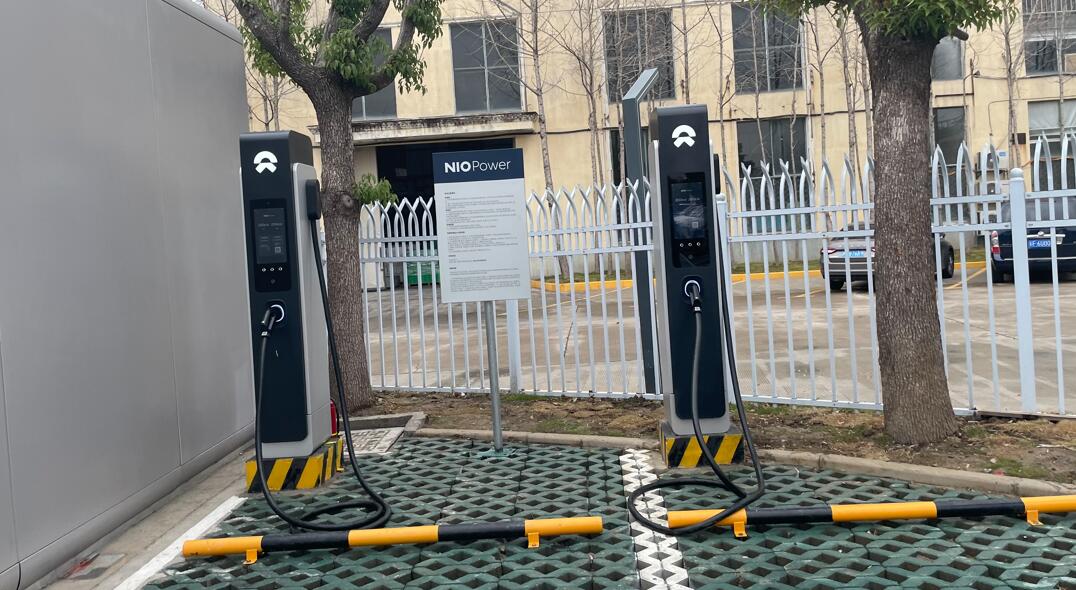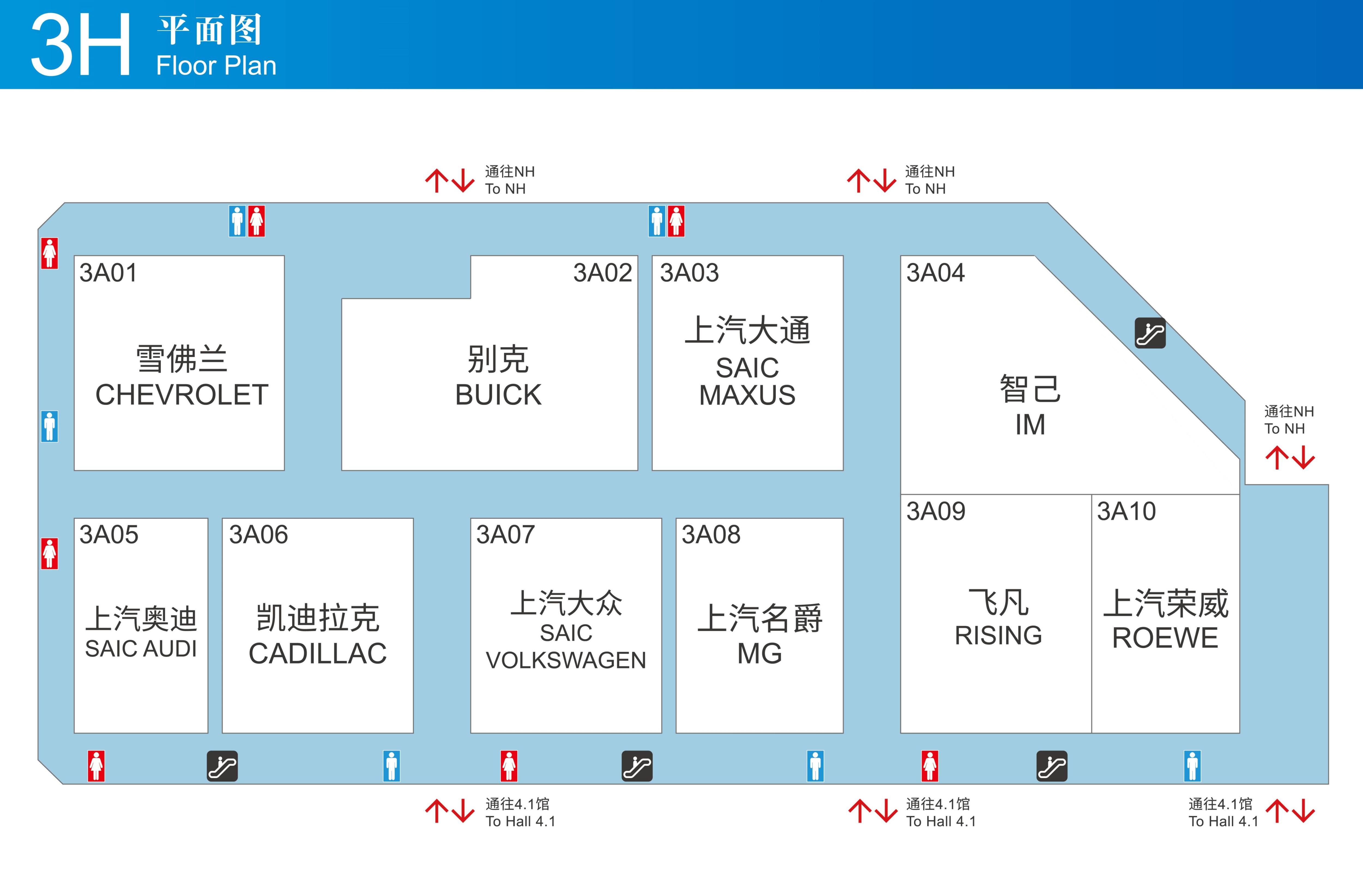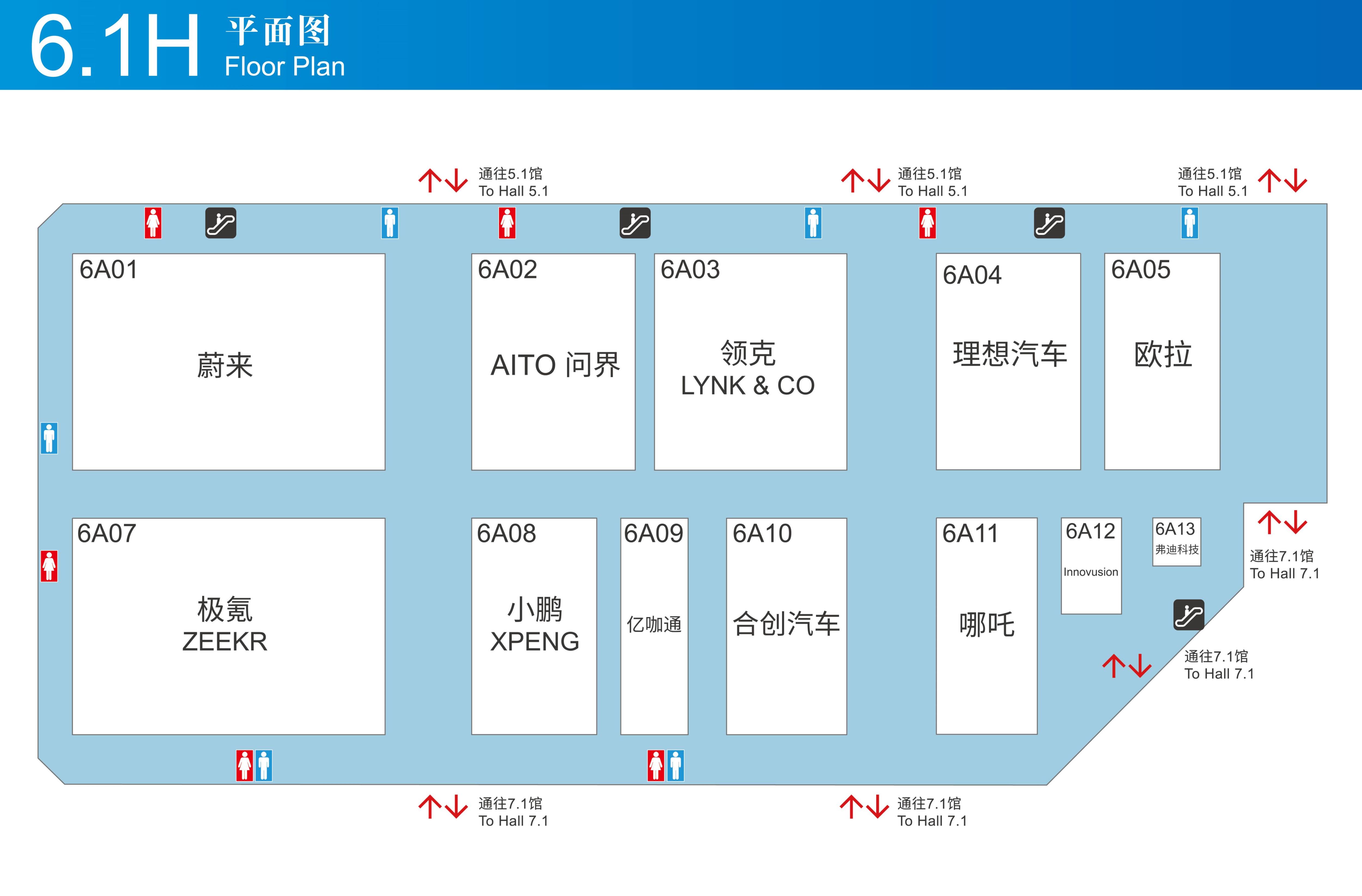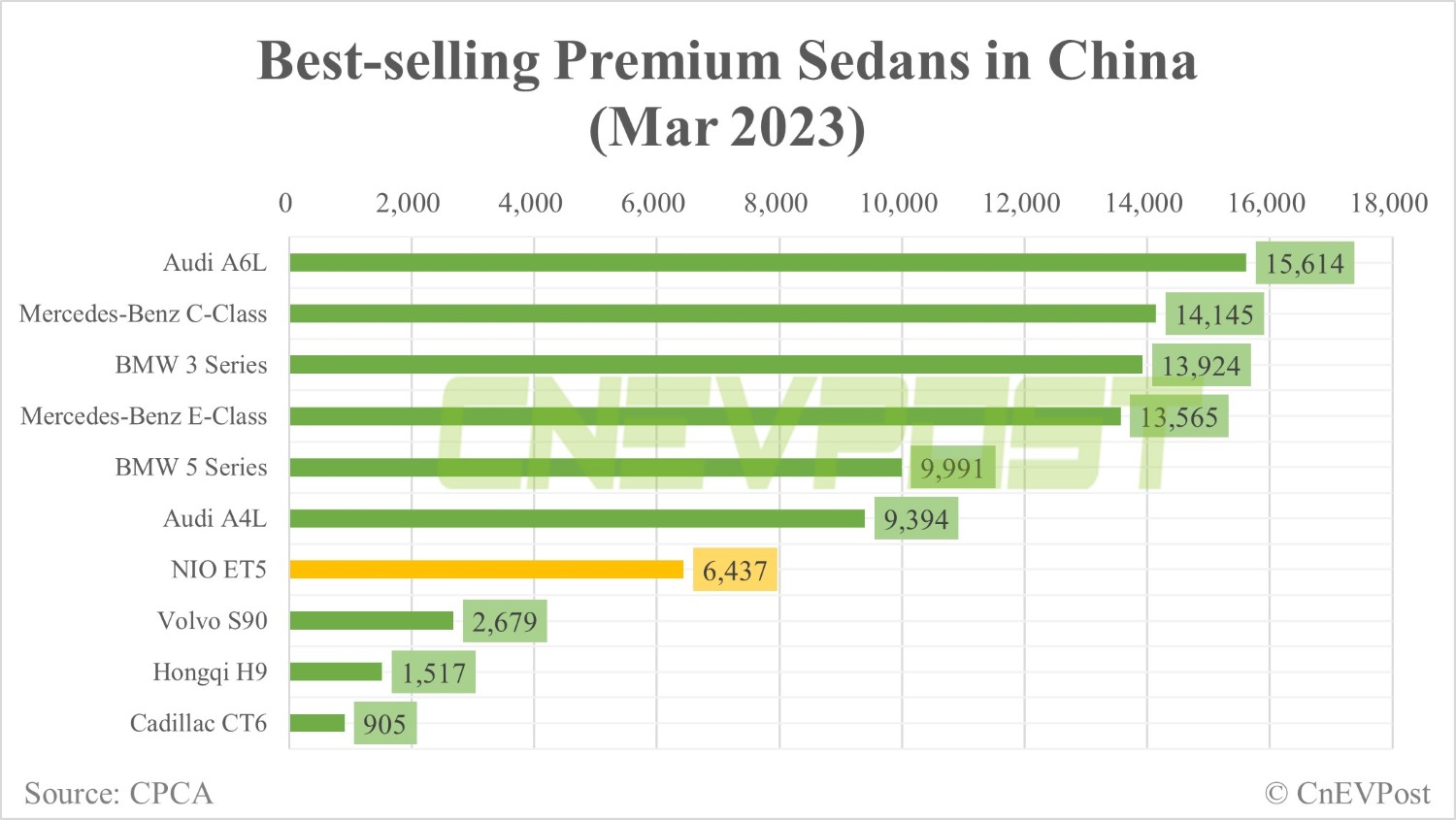The 500 kW chargers can charge an EV from 10 percent to 80 percent in as little as 20 minutes for a 400V model and 12 minutes for an 800V model.

(Image credit: CnEVPost)
NIO's first 500 kW ultra-fast chargers are now in operation after its first third-generation battery swap stations went live last week.
The electric vehicle (EV) maker announced the development today, saying the first 500 kW ultra-fast charging stations are put into operation in 12 cities including Haikou, Shenzhen, Shanghai and Qingdao, and three highway service areas.
500 kW is the peak power of the charging facility, which has a maximum charging current of 660 A, and NIO said the performance far exceeds that of other supercharging stations currently in the electric vehicle industry.
In charging an EV from 10 percent to 80 percent with the charger, it takes as little as 20 minutes for a 400V model and 12 minutes for an 800V model, NIO said.

The company equipped the facility with an ultra-lightweight liquid-cooled cable it developed in-house that weighs less than half of a traditional cable and can be easily operated with one hand, it said.
The charging pile has a 15.6-inch high-definition retina screen that makes it easy for users to view operational procedures and charging information, NIO said.
NIO unveiled the charger, along with the third-generation battery swap station, at the NIO Day event last December 24, and the first 10 third-generation swap stations went into operation on April 13.
The 500 kW ultra-fast charger and the third-generation battery swap stations form a new generation of all-in-one stations that intelligently allocate power, allowing the ultra-fast charger to perform more efficiently and consistently, according to NIO.
At the same time, thanks to the battery swap stations' high charge and powerful energy storage capacity, this becomes the easiest ultra-fast charging product to deploy under the same grid distribution conditions, the company said.

NIO previously announced a goal to add 1,000 new battery swap stations this year to bring the total number of the facility in China to 2,300. It also hopes to add 10,000 charging piles in China this year, including supercharging piles as well as destination charging piles.
As of April 17, NIO had 1,352 battery swap stations in China, as well as 2,488 charging stations offering 14,768 charging piles.
The post NIO's 1st 15 ultra-fast 500 kW charging stations go into operation appeared first on CnEVPost.
For more articles, please visit CnEVPost.






































